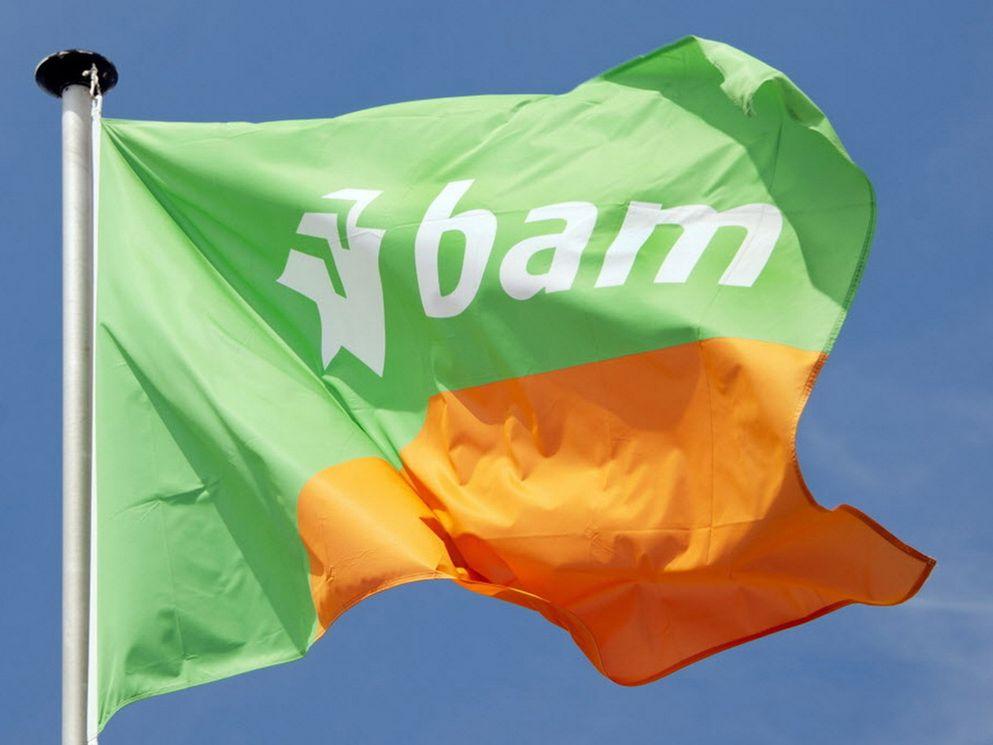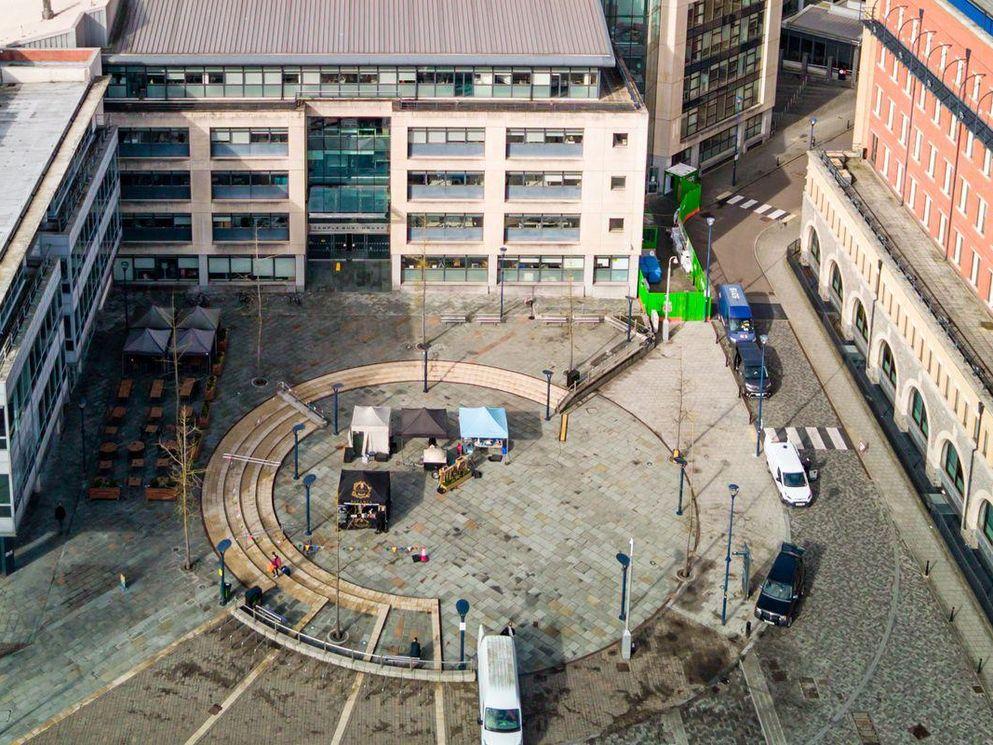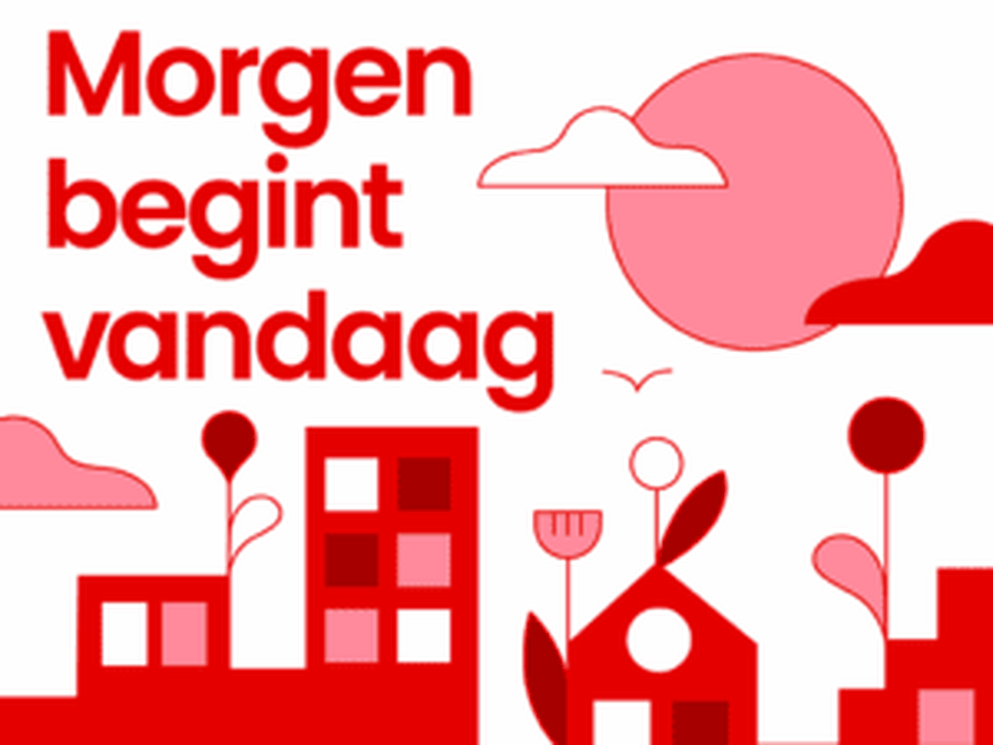Levvel reaches financial close on Afsluitdijk project successfully

Gorinchem, the Netherlands, 30 May 2018 – The contract for the design, build, finance and maintenance of the Afsluitdijk project in the Netherlands has reached financial close successfully yesterday afternoon (29 May 2018). Rijkswaterstaat (part of the Dutch Ministry of Infrastructure and the Environment) has awarded the Afsluitdijk project to the Levvel Consortium. This contract was signed by Rijkswaterstaat and consortium Levvel on 20 April 2018. The contract value of the project is €550 million.
The Levvel consortium shareholders and equity providers are BAM PPP (46%), Van Oord (46%) and Rebel (8%), together with joint venture partners Aberdeen Standard Investments, APG Group, PGGM and EPICo. The design, construction and long term maintenance will be completed by BAM Infra and Van Oord Nederland.
Senior debt will be provided by the European Investment Bank using its Structured Finance Facility. Other facilities will be provided by Belfius Bank NV/SA, Coöperatieve Rabobank U.A., DekaBank Deutsche Girozentrale, KfW IPEX-Bank GmbH en Landesbank Baden-Württemberg. The financing is guaranteed under the European Fund for Strategic Investments (EFSI), the central pillar of the Juncker Commission’s Investment Plan for Europe.
Rebel is the consortium financial advisor. Other consultants involved include legal advisers De Brauw Blackstone Westbroek and BDO LLP as model auditor. Nauta Dutilh (legal), Atkins (technical) and AON Global Risk Consulting (insurance) advised the lenders.
Afsluitdijk project details
Levvel will design, finance and maintain the reinforcement of the Afsluitdijk during 25 years.
On the Wadden Sea side, the causeway will be raised and reinforced with new facing. For this work, the consortium will use ‘Levvel-blocs’, innovative concrete elements that have been developed specially for the Afsluitdijk.
The drainage locks at Den Oever will be expanded. If the water level in the Wadden Sea is high, then natural drainage is no longer possible. Levvel is therefore building two large pumping stations in Den Oever. Levvel’s discharge solution consumes as little energy as possible; ‘Natural discharge if possible, pumping if necessary’. This way, in the future, sufficient water can be drained from the IIsselmeer to the Wadden Sea in all weather conditions.
For the construction of the new pumps and the extra discharge capacity, the existing monumental ‘Spuisluizen’ (drainage locks) in Den Oever remain intact and will be renovated. The innovative character of the project is also shown in the application of a floodgate of fiber-reinforced plastic in the fish migration river. In addition, the A7 will become safer by widening the emergency lanes. The design of Levvel pays attention to recreation and ecology, through construction of a cycle path on the Wadden Sea side along the entire length of the Afsluitdijk, ecological facilities along the dyke and fish-friendly pumps.
Further information:
- Robert de Bruin, Van Oord, +31 (0)88 826 82 34, robert.debruin@vanoord.com;
- Arno Pronk, Koninklijke BAM Groep, +31 (0)30 659 86 23, arno.pronk@bam.com;
- Jan Pieter van IJzendoorn, Rebel, +31 (0)10 275 59 90, janpieter.vanijzendoorn@rebelgroup;
- Patricia Troost, Rijkswaterstaat Midden-Nederland, patricia.troost@rws.nl



